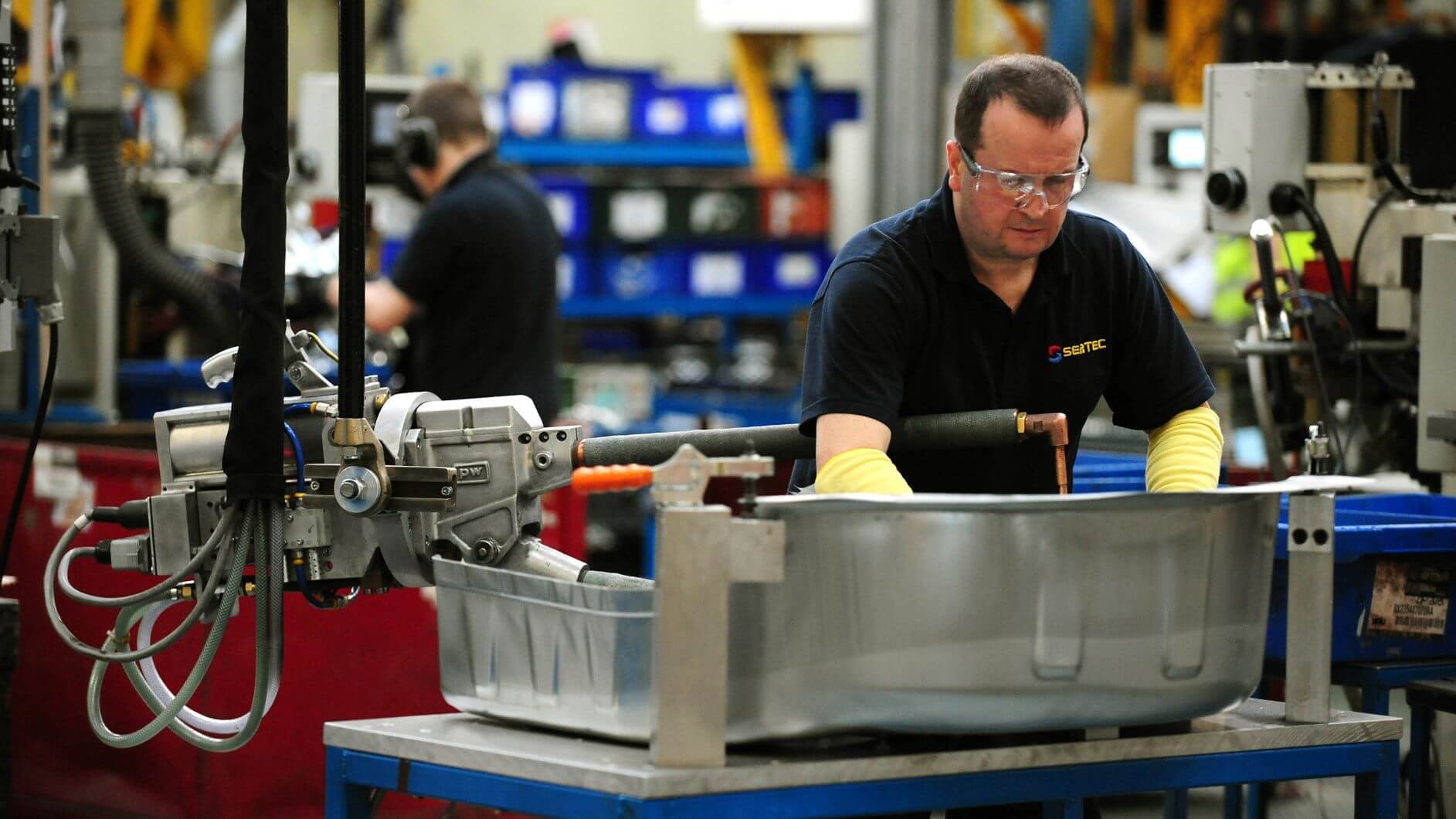Covid-19 Exposes The Need For A Science-Based, Preventive Approach To Workforce Wellbeing
Organisations must get proactive to keep workforces motivated and engaged.

The coronavirus crisis will change how businesses think about workforce mental wellbeing and resilience. With millions of employees working from home each day for the first time and 6.3 million in the UK on furlough, the psychological pressures of work have changed just as much as the physical location.
Remote working, an unprecedented economic downturn and complex family arrangements are imposing new burdens on employees from the boardroom down, as businesses struggle to survive, regain lost ground, and grow.
For the foreseeable future, we will be working in a world where workers have to live with uncertainty, fulfil extra roles or take on new tasks and cope with continued isolation.
Those returning to offices will have to cope with the restrictive requirements of social distancing. The technology-led, always-on culture will also continue to put pressure on employees to work in their own time.
Covid-19 will reveal the inadequacies of the bare-minimum approach
These strains produced by the Covid-19 pandemic have exposed how organisations so often neglected mental wellbeing, providing the bare minimum of support for employees, frequently in the form of employee assistance programmes that merely tick boxes.
This is not just damaging to employees it is extremely damaging to businesses. Deloitte, the global consultancy, this year published an authoritative study which estimated how even before lockdown, poor mental health was costing UK employers £45 billion each year (a 16 per cent increase on its 2017 report).
The report reveals how aside from the substantial costs of absence and employee turnover, businesses were badly impacted by presenteeism, where employees come to work despite a health condition or poor state of wellbeing that renders them unable to work at full capacity.
This increasing phenomenon inflicts financial damage of between £27bn and £29bn annually, according to Deloitte, and drags down the vitality and creativity within an organisation.
In another study before Covid-19, the CIPD, the official body of the HR profession in the UK, found 89 per cent of respondents in its survey of HR professionals recognised presenteeism in their organisation. Absenteeism may be declining, but presenteeism is on the increase.
The new paradigm in workplace wellbeing and resilience
A new approach is needed that works to a different paradigm – that of prevention. What the Covid-19 era demands is a shift to a preventive approach that addresses the needs of the whole person – keeping them at peak fitness in terms of mental wellbeing, sleep, diet, exercise and social connectedness.
This includes coping with the pressures of isolation, return to work anxiety and the disruption to normal human interactions caused by social distancing.
What is critical in addressing these issues is to ensure that any approach to solving these problems is necessarily based on neuroscience and on the evidence of what actually works, rather than what sounds good but is in reality just a fad.
And with a workforce that may continue to work from home, the means of delivery have to change. An employee assistance programme only available from a desk-top log-on no longer cuts it.
We need digital technology that offers a far more engaging and multi-faceted range of content, tailored to the individual, that includes animation and gamification.
The new paradigm is of a platform available across smartphones and laptops, offering detailed, evidence-based advice and access to therapeutic interventions such as cognitive-behavioural therapy (CBT).
Where employees have worries about back-pain, maternity leave or parenting, for example, the platform must also be able provide expert-moderated supportive communities where these concerns are aired and shared, cutting across organisational boundaries to pool insight and reduce that debilitating sense of isolation that leads to poor wellbeing.
Prevention makes far better financial sense
Early intervention is always the key to success in any health matter, but it also makes financial sense.
Deloitte calculates that proactive interventions to improve resilience and wellbeing deliver a return on investment of roughly 5:1, compared with only 3:1 for reactive approaches that only offer assistance once a problem has developed.
Tailored web portals are even better value as investments, offering a 6:1 return. The study found the most effective solutions to be those embedded within organisations over the long term.
At Helix Resilience we have seen how our own neuroscience-based resilience platform, using a variety of proven techniques and tools led to a 152 per cent increase in activations in a major corporation during the coronavirus outbreak.
This engaged every employee from the CEO to the youngest recruit, using bespoke content, tools and evidence-backed techniques that helped head off stress, sleeplessness and the causes of presenteeism.
Given the very new set of pressures imposed on all employees by the pandemic and what the long-term effects are likely to be, businesses need to completely reassess how they provide support to their workforces.
The outdated, reactive, commoditised approach has to be ditched in favour of proactive, highly engaging and dynamic platforms that continuously engage with employees and encourage them to proactively take care of their mental wellbeing and resilience, just as they do when going to a gym for their physical health.
Commoditised approaches may provide a few hours of counselling or therapy when employees are struggling badly with stress, anxiety or depression, but these are essentially reactive approaches. By the time the employee feels they must use whatever is offered, it is already too late. Hence the rise in presenteeism.
The passive approach no longer works. As millions of employees adjust to the challenges generated by the pandemic, and the significant changes it has forced on their employers, a science-based proactive and preventive approach is essential to the resilience and increased productivity of an organisation.
Paul Morrison is chief operating officer at Helix Resilience.
Thanks for signing up to Minutehack alerts.
Brilliant editorials heading your way soon.
Okay, Thanks!

